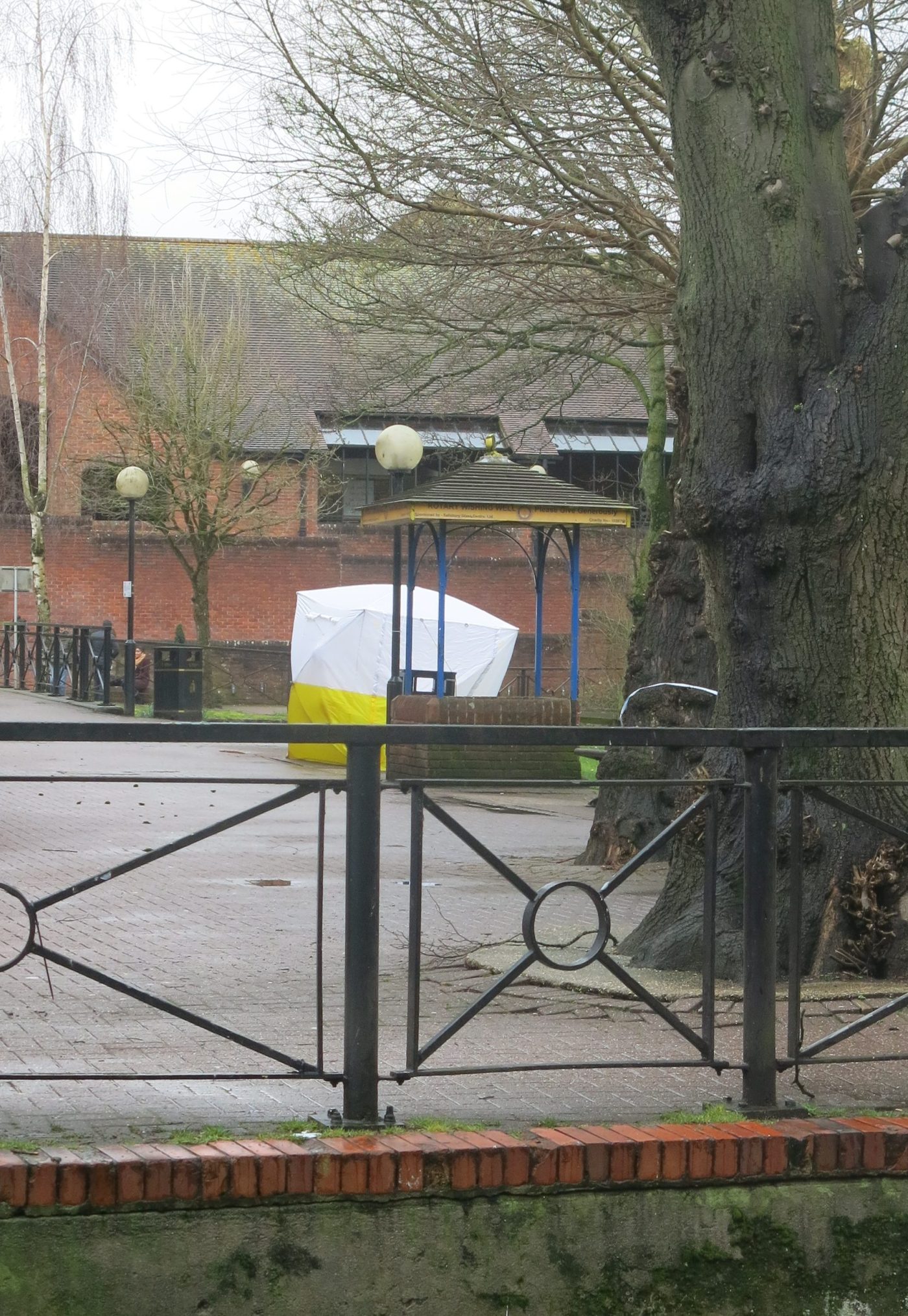Investigators using a range of modern technology to keep track of human rights violations
Looking at the scale and extent of human rights abuses around the world, it is hard not to feel in despair. The ‘never again’ optimism after the Second World War seems to have melted away with wholesale abuses taking place in Syria, Egypt, China, Myanmar and many other places. China executes more of its citizens than any other country in the world and is incarcerating a million Uyghurs in a form of ethnic cleansing. The treatment of Rohingyas in Myanmar is another massive tragedy. Egypt is on an execution spree – 16 in one day – and abuses are evident in nearly all the Gulf states.
It seems that nearly all the perpetrators escape justice. Evidence is difficult if not impossible to obtain. Western governments are more than willing to look the other way. The countries concerned are major buyers of weapons – Saudi Arabia is the UK’s largest customer for example – which makes them complicit in the crimes.
But it seems as though there may be cause for optimism with an organisation using a range of modern technology to track down the perpetrators and collect evidence with a view to a future trial. Soon to be launched Investigative Commons will be acting as a kind of hub to enable this work to be done. People are familiar with Bellingcat which used similar methods to track down the two Russian GRU agents who came here to Salisbury in an attempt to murder Sergei Skripal.
A significant advance is made possible by Forensic Architecture who are able to match events to individual arms firms. This is truly ground-breaking and in the case of Yemen, they are assembling evidence which may enable individual politicians and others to be put on trial for breaches of International Human Rights.
Up until now, human rights work has depended on people working in the country concerned which of course is extremely risky. Many human rights defenders, lawyers and other activists have been arrested or executed during the course of trying to look into violations.
A potential game changer
This relatively new method enables information to be collected from a wide range of sources and can be put together for a trial. This represents a major leap in the ability of human rights organisations to keep track of what is happening around the world and may in addition, act as some kind of deterrent to abusers.
The organisation is based in the same office block in Germany as the European Center for Constitutional and Human Rights, ECCHR which has had some success in Syria. The use of open source information and assembling it into a potential case for the International Court does look like a potential game changer.
No doubt we shall be referring to this organisation in the future.
Source: The Observer 27 June 2021


Leave a comment